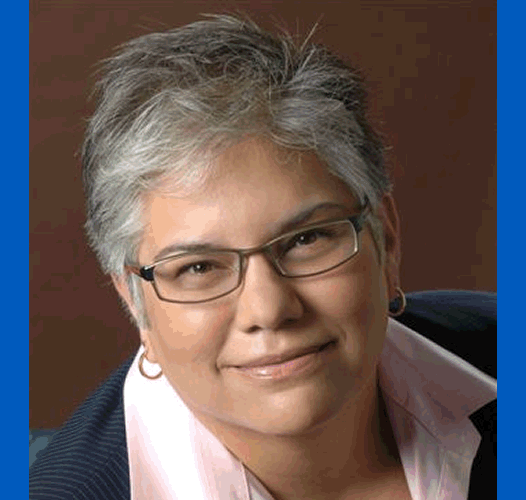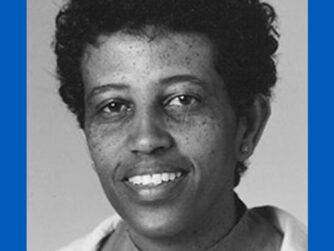Dr. Deb Ortega, Dr. Ashley Hanna, & Dr. Badiah Haffejee
In this first of two episodes, Dr. Deb Ortega, Dr. Ashley Hanna, and Dr. Badiah Haffejee discuss their work chronicling the experiences of immigrants, refugees, and asylum seekers while examining the history of U.S. policies addressing the needs of these people. Utilizing human rights and social justice as context, they observe that the development and changes in U.S. policy have historically addressed mostly the needs of the dominant culture. Our guests describe the reality for immigrants, the persons most affected by our debate and policies.
Deb Ortega, PhD, is the founding director of the University of Denver Latino Center for Community Engagement and Scholarship (DULCCES), a consortium of interdisciplinary faculty dedicated to creating and advancing knowledge that gives voice to the history, politics, culture, and legacies of Latino communities. Dr. Ortega is an award-winning teacher who uses feminist pedagogy to teach courses on issues of social inequality at the University of Denver Graduate School of Social Work. Her work focuses on the consequences of structural inequity across different systems, client groups, and diverse communities. Dr. Ortega has authored and co-authored numerous editorials, journals articles focused on immigration, educational access for Latinos, and structural injustice. She is the past president of the Association of Latino Social Work Educators, the Co-Editor-in-Chief of Affilia: Journal of Women and Social Work, and the Colorado FOCO representative for the National Association for Chicano/Chicana Studies. She is proud to have been a first generation Latina college student.
Ashley Hanna, PhD, is a tenure-track assistant professor in the School of Social Work at the University of Nevada – Reno. She is a licensed clinical social worker with more than ten years of practice and research experience. Her primary areas of expertise are behavioral and mental health, clinical social work practice, school-based interventions, racial and ethnic disparities, and the impact of immigration policies and practices on Latino individuals, families, and the community. Dr. Hanna has worked in home-based, out-patient, in-patient, school-based, and international practice settings. Dr. Hanna’s research is concentrated on structural inequities in the United States. She has investigated the unique experiences of Mexican immigrants living in Denver, Colorado, the impact of immigrant detention and deportation on the well-being of Latinos, and the impact of mixed-citizenship status on the emotional well-being of Latinos. Remaining focused on structural inequities, in addition to continued research in the area of immigration, her present research interests also include disproportionality and disparities in the education system related to discipline, academic success, and social-emotional well-being and effective practices to increase equitable outcomes.
Badiah Haffejee is a newly-minted PhD from the Graduate School of Social Work at the University of Denver. Dr. Haffejee’s research examines the enduring impact of trauma (i.e., war, protracted periods in refugee camps, sexual violence, poverty, and job insecurity), self-sufficiency, and resiliency. She also studies the ways that refugee policy, institutional cultures, and individual attitudes combine to negatively impact women refugees from Africa as they meet the demands of economic self-sufficiency while they are integrating into the United States. Dr. Haffejee’s work also draws from two theories of oppression: Womanism and Critical Race Theory (CRT).
Interviewer: Wooksoo Kim, PhD





